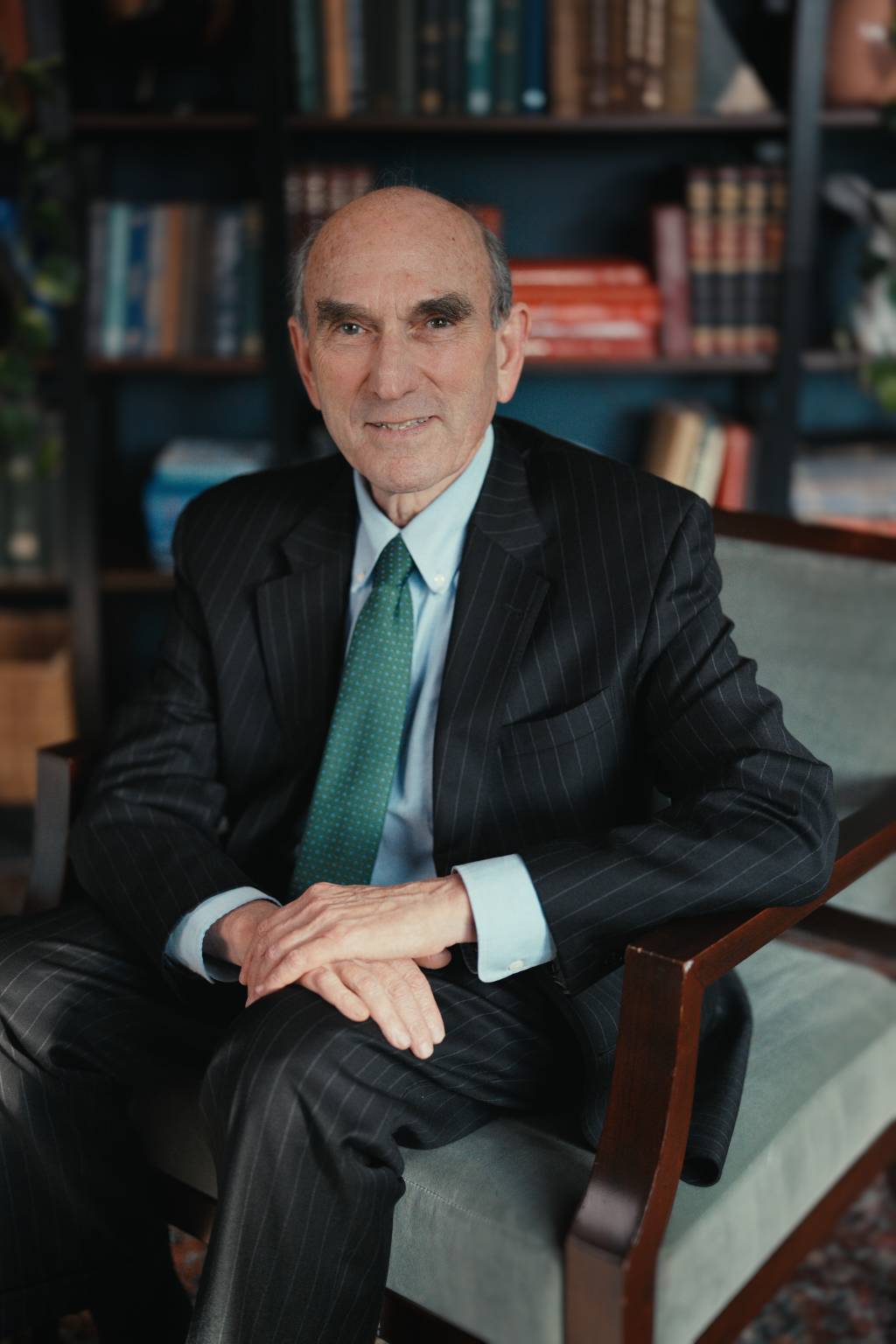The Strange Death of Europe
What does Europe’s future look like?
Last night I finished reading Douglas Murray’s fascinating, brilliant, beautifully argued and deeply disturbing book, The Strange Death of Europe. Murray writes of Europe’s “suicide,” a decision made not by voters choosing this in democratic elections but very largely by elites acting without broad consent.
Murray, a British intellectual and journalist whose writing is always worth attention, explains that two factors have combined to produce the danger that European culture and civilization as it has been known for centuries will not survive. The first is “the mass movement of peoples into Europe” at a time when Europe is quite literally not reproducing itself—not having enough children to keep population levels steady, much less to grow. The second is what he calls “the fact that…at the same time Europe lost faith in its beliefs, traditions, and legitimacy.” He continues: Europeans
sometimes fall into terrible doubts about our own creation. More than any other continent or culture in the world today, Europe is now deeply weighed down with guilt for its past….there is also the problem in Europe of an existential tiredness and a feeling that perhaps for Europe the story has run out and a new story must be allowed to begin. Mass immigration…is one way in which this new story has been imagined….
This very brief description does not do justice to the detail, nuance, and honesty of Murray’s thinking about Europe’s situation. I suppose he will be called names for his writing, but there is not an ounce of prejudice here; just candor.
Some of what Murray writes is reporting from his visits and conversations all over the continent, and some is analysis or speculation. Much is an effort to state the facts as clearly as possible, an effort European governments too often evade.
A look at birth rates in Europe shows that something is going wrong: a society that does not reproduce itself begs us to ask why. George Weigel called this “demographic suicide” and Niall Ferguson called it “the greatest sustained reduction in European population since the Black Death in the fourteenth century.”
It has recently been pointed out that Europe is now also led by people without children, including May, Merkel, and Macron, and the Italian, Dutch, and Swedish prime ministers, and more. These are very different people and the causes of childlessness will also be different, and as Weigel notes in some cases this will be experienced with sorrow. But this is surely the first time that Europe, and Europe’s elites, have so clearly turned away from producing the next generation.
And at the same time, the mass immigration brings a new population, a development that in any place and at any time would present real challenges. How is Europe meeting them; is it even acknowledging them; what might be done; is it too late? These are among the questions Murray asks, and in lucid prose he tries to find the answers.
Worth reading, for sure.
